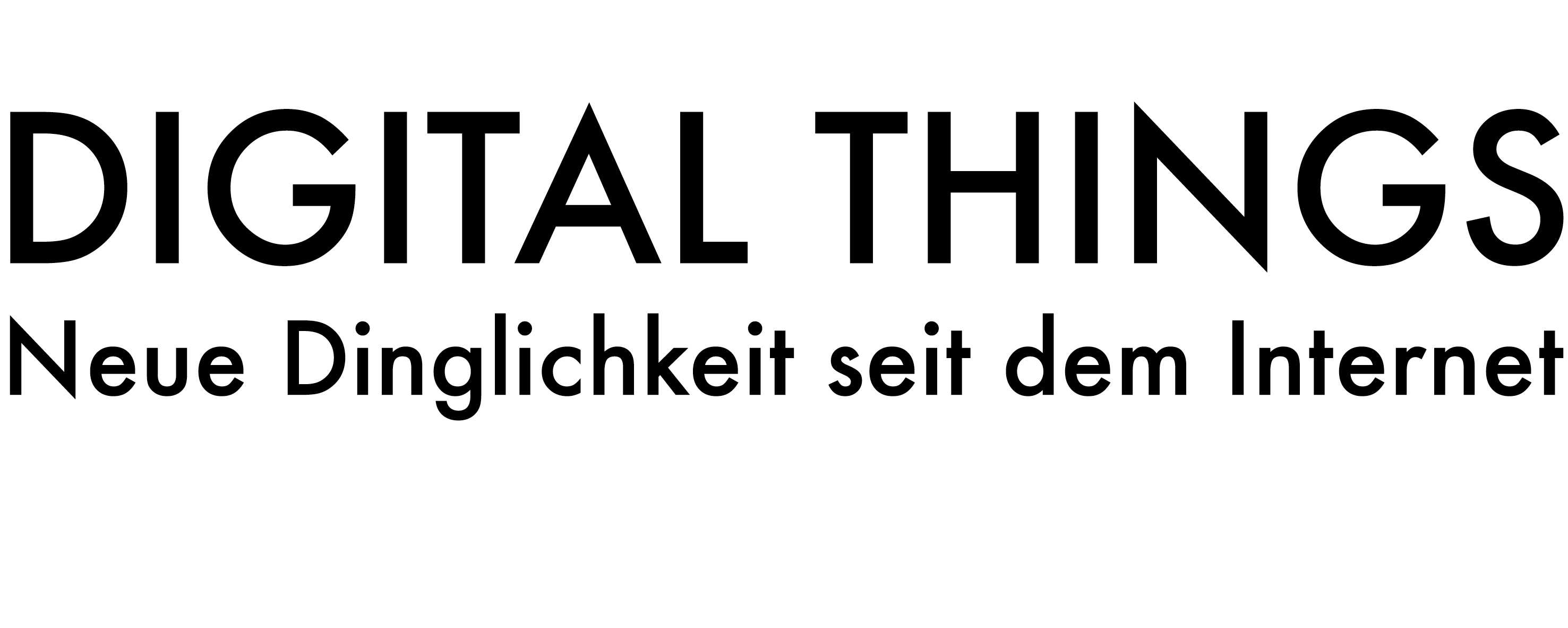In the current state of ontological crisis, object and subject positions of people and things are utterly in turmoil – swiftly swapped and tremendously traded. These are times when we stroke our phone more than we stroke our partner, where news feeds and hashtags tell us when to care about what and the smartwatch on our wrist tells us when to breathe. Where algorithms culturally reproduce us based on what we search for and ‘like’, and sensors and chips find their homes in our sneakers and coffee machines advising us on our personal behaviour. And suddenly things are knowing, learning, evaluating, predicting – and even collaborating amongst each other.
Embedded in this process of co-dependencies, we exhaustively grapple with our own designed circumstances, as we seem to find ourselves merely chasing the shadows of what we invented. But humanity is inextricably enmeshed in a web of entwined relations with what we make and have made, and so we must negotiate alternative modes of political and ethical agency for our technologically mediated others (Braidotti 2013). Because as we continue to spin in a wheel of merely simulating what we simulated, we might find ourselves living in a world of objects that have been ‘programmed by the programmers, who have been programmed’ (Flusser 1999), and so we might consider – who is in fact the ‘maker’ and who is the ‘made’. Moreover, in these spheres of radical materiality and hyper connectivity, where we are written in ‘codes’ of conduct, from socially to html, we oftentimes find ourselves acting accordingly – although we do not always know according to what. So, although we like to perceive ourselves as autonomous subjects, as ‘users’ of our own trailblazing hard- and software inventions – we seem to furthermore find ourselves in the position of being both ‘user’ and ‘used’. Thus, the basic principles and concepts on which we have based the understanding of ourselves hitherto seem to have fractured and cracked along the rims of reason, leaving us with a pressing call to conceive of new concepts of the ‘subject’ that are ‘applicable to the present’ (Braidotti 2013).
Situated in the field of practice-based design research, this talk will reflect on a series of experiments into blurring, switching and merging the positions of object and subject in human-artefact relationships. Through an autoethnographic approach to living with, speaking with and wearing ‘the spirits that we coded’, these experiments attempted to un/make things and mis/place ourselves, putting the position of all parties up for re-negotiation. In a strive to locate tactics to tackle the trouble that we have designed ourselves into, we will present three practical attempts to distribute the power of authorship and share autonomy with things, in order to emerge theoretical perspectives on what things might become as objects turn subjects – and what we might then be, as we find ourselves becoming-with-things.
Michelle Christensen is a sociologist and designer, exploring the spaces in between these realms. Her research interests include trans- and postdisciplinarity, the politics of objects and the social dimension of ‚thingness‘. Michelle wrote her Ph.D. in the field of Design Research at the Berlin University of the Arts (thesis currently in the process of publication). Prior to this, she studied political sociology at Roskilde University in Denmark (B.A.), conflict studies at Utrecht University in the Netherlands (M.A.), gender studies at the University of Amsterdam (M.Sc.), and integrated design at the Köln International School of Design in Cologne (M.A.). As a researcher, she has worked at the Design Research Lab (UdK Berlin), the German Research Centre for Artificial Intelligence (DFKI) and headed the area of Interdisciplinarity and Open Labs at the Einstein Center Digital Future (ECDF). She has taught at the intersections of conflict, gender and design, most recently as a visiting professor at the international Master program in Integrated Design (MAID) at the Anhalt University of Applied Sciences in Dessau. Currently, she is heading a research group on critical making at the UdK Berlin / Weizenbaum Institute together with Florian Conradi.
Florian Conradi studied communication design at the University of Applied Sciences Mainz and at the Art Department of the Bezalel Academy of Art and Design in Jerusalem. He went on to complete an M.F.A. in Design at the Sandberg Institute (Gerrit Rietveld Academie) in Amsterdam, an M.A. in integrated design at the Köln International School of Design in Cologne and wrote his Ph.D. in the field of Design Research at the UdK Berlin (thesis currently in the process of publication). Since 2008 he has been initiating sociopolitical design projects with institutions in the field of critical media and political advocacy, carrying out field research in Europe, the middle East, West and East Africa. He has taught critical approaches to design and design methods at amongst other places the Köln International School of Design, the UdK Berlin, and as a visiting professor at the international Master program in Integrated Design at the Anhalt University of Applied Sciences in Dessau. Currently he is a Senior Researcher at the Berlin University of the Arts (Weizenbaum Institute) where he leads a research group on critical making together with Michelle Christensen.
